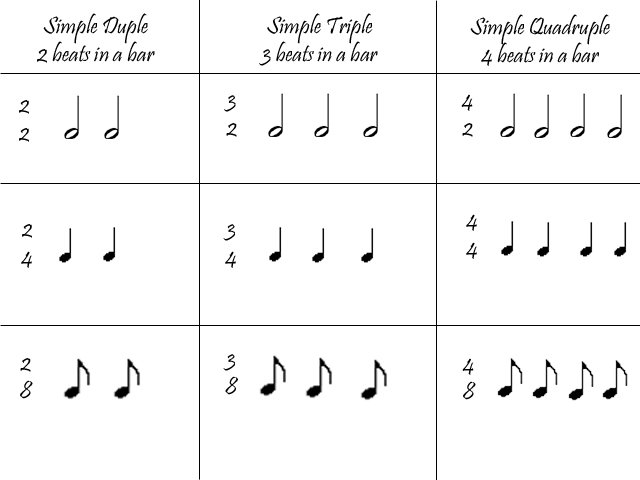Friday 28 November 2014
I'll Meet You Behind Your Eyelids
“I’ll try to be around and about. But if I’m not, then you know that I’m behind your eyelids, and I’ll meet you there” - Terence McKenna
Wednesday 26 November 2014
Thursday 20 November 2014
Sunday 16 November 2014
Saturday 15 November 2014
Wednesday 12 November 2014
Monday 10 November 2014
Thursday 6 November 2014
Dr. BRUCE DAMER: Re-visioning Origins: from Cosmogenesis to Life's Emergence; from Eleusis to the Evolution of Civilization.
Presentation by an interdisciplinary scientist working with NASA, UCSC and the visionary community as he tracks the evolution of computers, cyberspace, consciousness and its altering, to aid the human enterprise - damer.com
Singer: Galen Brandt
Location: Earthrise at IONS - Institute of Noetic Sciences Campus - 101 San Antonio Rd. - Petaluma, CA
Sponsored by: Institute of Noetic Sciences - ions.org - and Friendly Favors - favors.org
2014-09-18 FF Bruce Damer.. from Sergio Lub on Vimeo.
Monday 3 November 2014
Time, Culture and Music - A short proposal for a healthier view of time.
 Time, it's a strange topic, whether seen as a linear progression from nexus to nexus or as a relative flux. More so when you take the limited human sensory bandwidth into account.
Time, it's a strange topic, whether seen as a linear progression from nexus to nexus or as a relative flux. More so when you take the limited human sensory bandwidth into account.I've had many thoughts about time and my place in it and like most of my thoughts, my understanding of time stems from my relationship with music.
For instance, in western music we typically agree upon a time signature (or groupings of time signatures Fig.1) with our fellow musicians and we then trust everyone to hold up there end of the bargain and work within that set matrix. It should be noted though, that the formation of such a musical agreement imposes a set of imagined boundary conditions on the involved musicians, most of which it can be argued force negative constraints on the freedoms of musical expression.
 |
| Fig. 1 |

I think this is a very important notion to point out because after all, culture is just the manifestations of human intellectual achievement throughout time and music is the acoustic expression of that culture.
I feel that in the western world we could learn a lot from Indian culture and their approach to musical time.
In South Indian they use a system known as "Konnakol". Konnakol is a rhythmic system, that uses a combination of syllabic phrases to denote rhythm with in a pulse. This pulse or "Tala" as it's known, allows for the ebb and flow of time in a way that western rhythmic systems do not. The "time feel" of a piece of music is then free to be an equal part of the artistic expression, free from any expectation or constraint. In other words you can't be "Out of time", your free to divide the pulse however you see fit.
 I think this is a very healthy approach to apply to time overall. We all have our own experience of time and the pressure of adhering to the western modal of time can be very stressful for some.
I think this is a very healthy approach to apply to time overall. We all have our own experience of time and the pressure of adhering to the western modal of time can be very stressful for some.I try in my own life to remember the lesson that Konnakol has to offer: I have my own life and with that my own perception of time. By trying to keep up with the expectations of the culture I find myself in, I am willingly giving up the freedom to express my life in a time-frame that suits me and accentuates my own experience. Remember it's not a race, it's a dance.
Much love,
Bo
X
Horizons 2014: Graham Hancock “Psychedelics and Civilisation, Light and Darkness”
I just had to share this fantastic lecture from Graham Hancock, a truly beautiful presentation. X
Horizons 2014: Graham Hancock “Psychedelics and Civilisation, Light and Darkness” from Horizons on Vimeo.
Subscribe to:
Posts (Atom)

